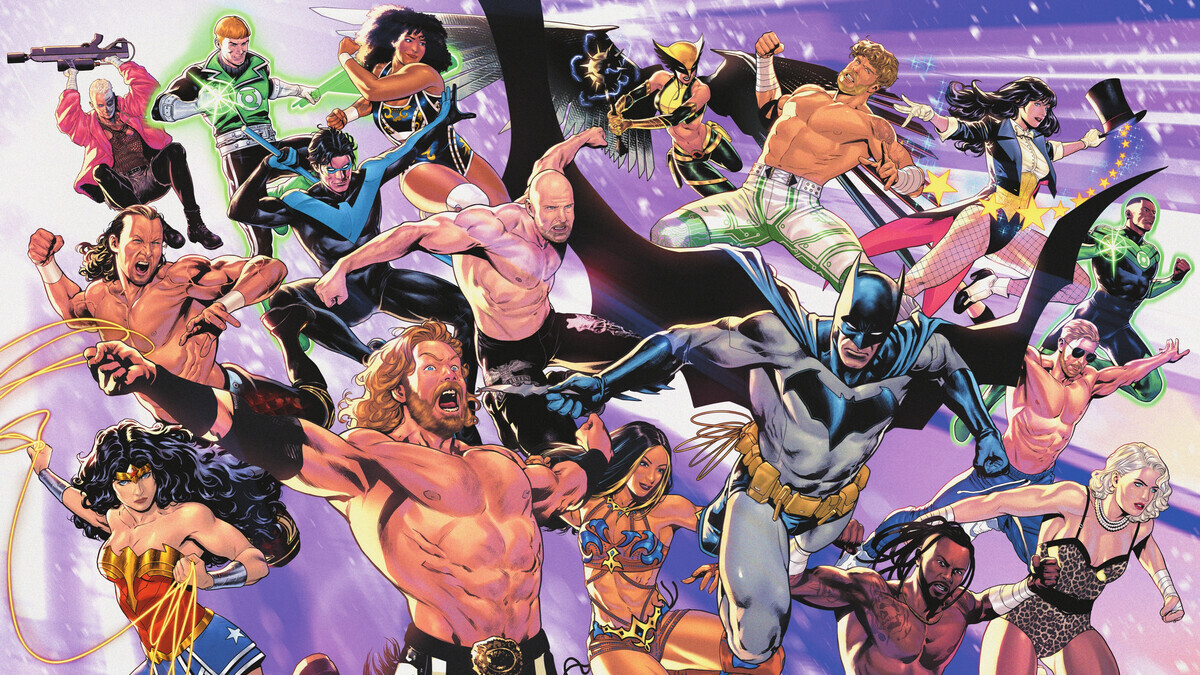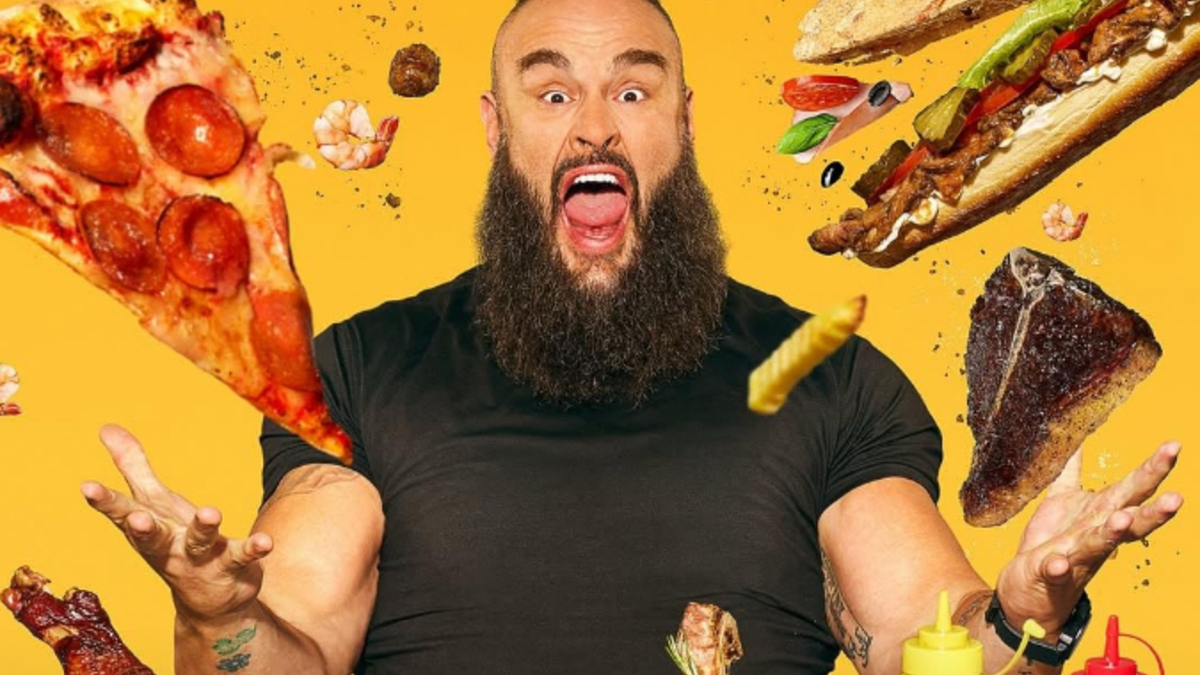Are professional wrestlers doomed to a cycle of self-destructive behavior that leads to a death rate 400 percent higher than normal? That was the central question of the segment entitled “Risky Business” on the June 24 edition of HBO’s Real Sports with Bryant Gumbel.
And the answer, according to correspondent Armen Keteyian, is – maybe.
Beginning with a video of the late Louie Spicoli stumbling around a hotel hallway in his underwear, Real Sports looked into the factors contributing to the deaths of 60 wrestlers – all under the age of 45 – since 1998. Relying heavily on interviews with Rowdy Roddy Piper and Del Wilkes (who wrestled as The Patriot), the picture painted was one of an out of control culture of substance abuse and hard living.
Even worse, as Piper put it, there isn’t always a way out.
“This business has a hell of an entrance plan but it’s got no exit plan,” said Piper. Asked about his recent return to the ring, he went on to add, “I’m not going to make it to 65. Let’s just face facts guys.”
Piper’s claim that he lived a non-stop cycle of prescription pills, alcohol and cocaine for 20 years were echoed by Wilkes, who made the eyebrow-raising claim that at his peak, he took 100 pain pills a day. Nor was that behavior unusual. Asked to quantify how many of his fellow grapplers were doing the same thing, Wilkes figured it was “seven or eight of 10.” The former Patriot was used as an example of a wrestler who escaped an early grave, though as Keteyian pointed out, it wasn’t without over 20 arrests and nine months of jail time for prescription drug fraud.
Real Sports pointed the finger of blame at the promoters, and specifically Vince McMahon. Admitting that even he took part in the “Wild West” atmosphere of the 80’s, the man behind World Wrestling Entertainment chalked the deaths up to bad habits practiced by talent that performed for his and other organizations.
Unlike many past features on McMahon and company, Real Sports did mention the steps taken by WWE to aid wrestlers through either mandatory rehab or termination. In a post-segment discussion with Gumbel, Keteyian talked about drug testing for WWE performers between 1992 and 1996. McMahon said the program was effective but cost-prohibitive, and that he saw no signs today of a wholesale problem.
In the end, Keteyian seemed as resigned as Piper to the hopelessness of the situation. Citing sources that say the problems haven’t gone away, the correspondent theorized that only the intervention of a government agency of some sort could stem the tide.
Gumbel, who kicked off the piece by calling wrestling “more spectacle than sport, more con than competition,” said he thought he’d be talking about “the sickness” again in the future.




